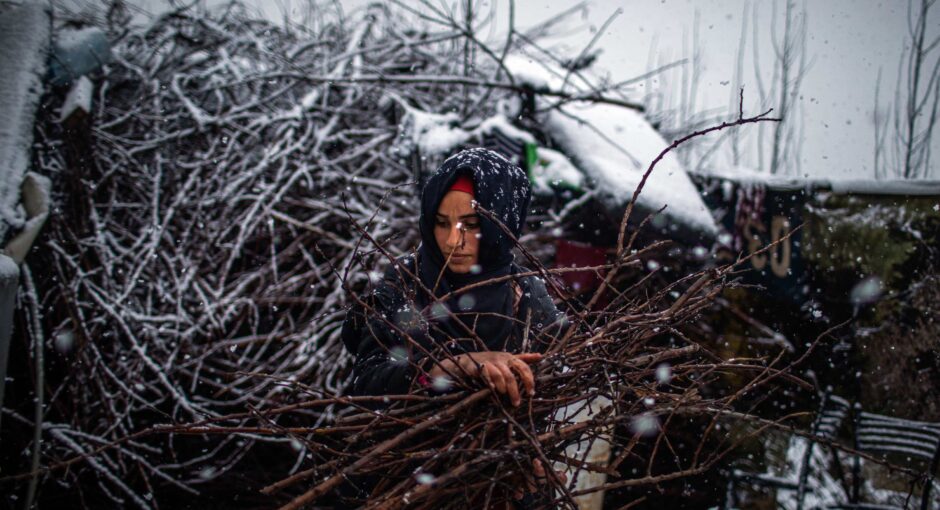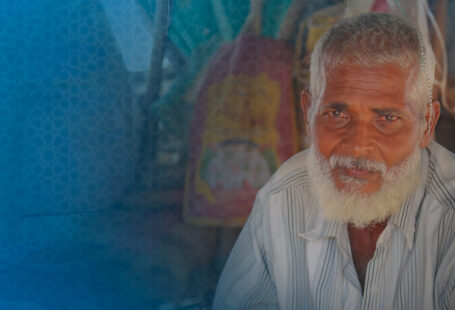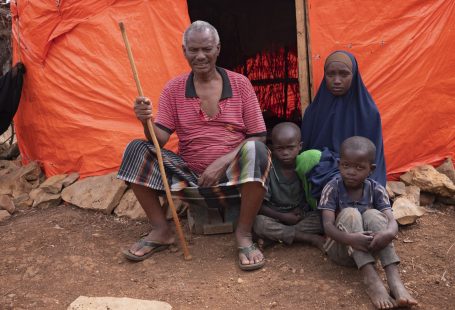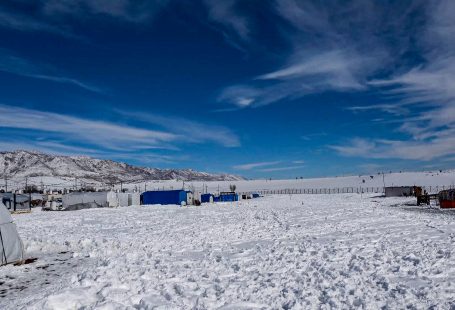Zakat is a cherished amanah from Zakat donors who entrust a Zakat agent to deliver their Zakat to its eligible beneficiaries. ‘UNHCR is considered an agent. The entirety of the collected Zakat must be distributed to eligible recipients mentioned in Quran 9:60. None of it can be used to cover operations or wages; those must be covered by other sources’. UNHCR takes this responsibility very seriously, and therefore its Refugee Zakat Fund is subject to rigorous governance and oversight to ensure transparency at every step, from receipt to distribution.
One key component of this oversight is ensuring that the 100% Zakat distribution policy is accurately always applied. This policy is dictated by 15 fatwas that UNHCR received from prominent scholars and institutions in the MENA region and globally. The fatwas recommend that for UNHCR ‘Zakat funds must not be used to cover fees or wages’.
All Zakat donations, which are received in a dedicated interest-free bank account, are delivered directly and in full to the most vulnerable eligible refugees and internally displaced persons (IDPs) in specified countries. Administration and overhead costs associated with Zakat distribution are covered by other non-Zakat sources of funding to UNHCR, this includes UNHCR’s standard 6.5% indirect support costs. With this approach of subsidizing Zakat distribution, UNHCR has been maximizing the impact of Zakat and has to date channeled the entirety of Zakat funds received to 3,959,454 million refugees and IDPs in 19 countries since 2017.
This winter, some 3.4 million of the most vulnerable refugees and IDPs in Iraq, Syria, Jordan, Lebanon, and Egypt are in dire need of support as they face 90 nights of bitter cold. Female-headed households, such as Shatha’s, are among extremely vulnerable families that need our immediate help. Meet Shatha and her family and hear about what she told us when we visited their home.











Social Profiles